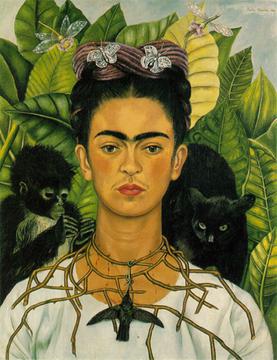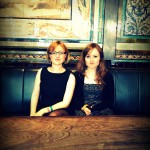Even as a baby at his uncle Amos’s printworks, David Almond had been attracted to words.But when he thought of becoming a writer, he found the neatness of printed books intimidating.
It looks so perfect – I’ll never do that.
He was an ordinary kid from an ordinary family in an ordinary street, he said. They had a few books and he would borrow from Felling Library: John Wyndham, myths and legends, Enid Blyton.
I used to think that writers had perfect minds.
But the books we see: Skellig, My Name is Mina,The true Tale of the Monster Billy Dean, started life as scruffy notebooks full of scribbles, doodles, and wonky fragments of handwritten text.
My books begin with a mess – more like the mess in the inside of my head.
He encouraged his young audience to play, to scribble and daydream and doodle. To let this thing called imagination run off in all directions. To learn to write by writing.
An empty page is like a sky – waiting for something to happen.
As well as the inspiration, there was honesty too. He got thirty three rejections for an adult’s novel he had spent five years creating and often carries a file full of rejection slips to talks. But he kept on writing. Wrote another book. Skellig.
The world is full of people who say, ‘Ah, you can’t do that.’
His face told you what he thought of nay-sayers.
He spoke of the barminess of English spelling, of the wonders that lie inside our heads and the really important things that the old myths tell us about ourselves. He spoke proudly of young people who read and write, of getting the mess in our heads down in straight lines on the page and the amazing things that happen as you read.
He wanted us all to enjoy the words on the page as sounds as well, as the words that people speak.
As he carried on, became his ten-year-old inside self going ‘Yes!’ because his name was in print; the boys on the front row uncrossed their arms. They listened and responded, lost the shell of being blasé and became engaged.
If that’s ordinary, I really, really want to be ordinary too.

 Today, 3rd September 2011, I went to
Today, 3rd September 2011, I went to





